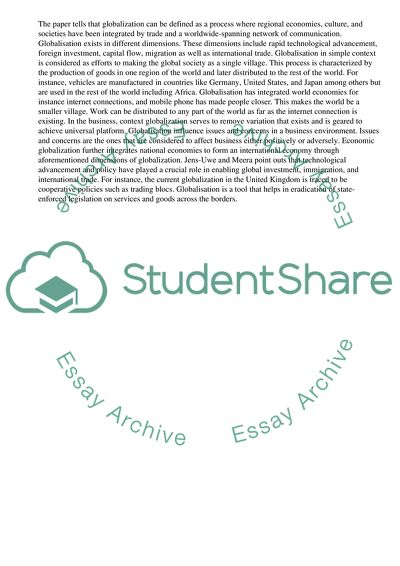Cite this document
(“Advantages and Disadvantages of Globalisation on Business Essay - 1”, n.d.)
Advantages and Disadvantages of Globalisation on Business Essay - 1. Retrieved from https://studentshare.org/business/1693963-evaluate-the-advantages-and-disadvantages-of-globalisation-for-business
Advantages and Disadvantages of Globalisation on Business Essay - 1. Retrieved from https://studentshare.org/business/1693963-evaluate-the-advantages-and-disadvantages-of-globalisation-for-business
(Advantages and Disadvantages of Globalisation on Business Essay - 1)
Advantages and Disadvantages of Globalisation on Business Essay - 1. https://studentshare.org/business/1693963-evaluate-the-advantages-and-disadvantages-of-globalisation-for-business.
Advantages and Disadvantages of Globalisation on Business Essay - 1. https://studentshare.org/business/1693963-evaluate-the-advantages-and-disadvantages-of-globalisation-for-business.
“Advantages and Disadvantages of Globalisation on Business Essay - 1”, n.d. https://studentshare.org/business/1693963-evaluate-the-advantages-and-disadvantages-of-globalisation-for-business.


